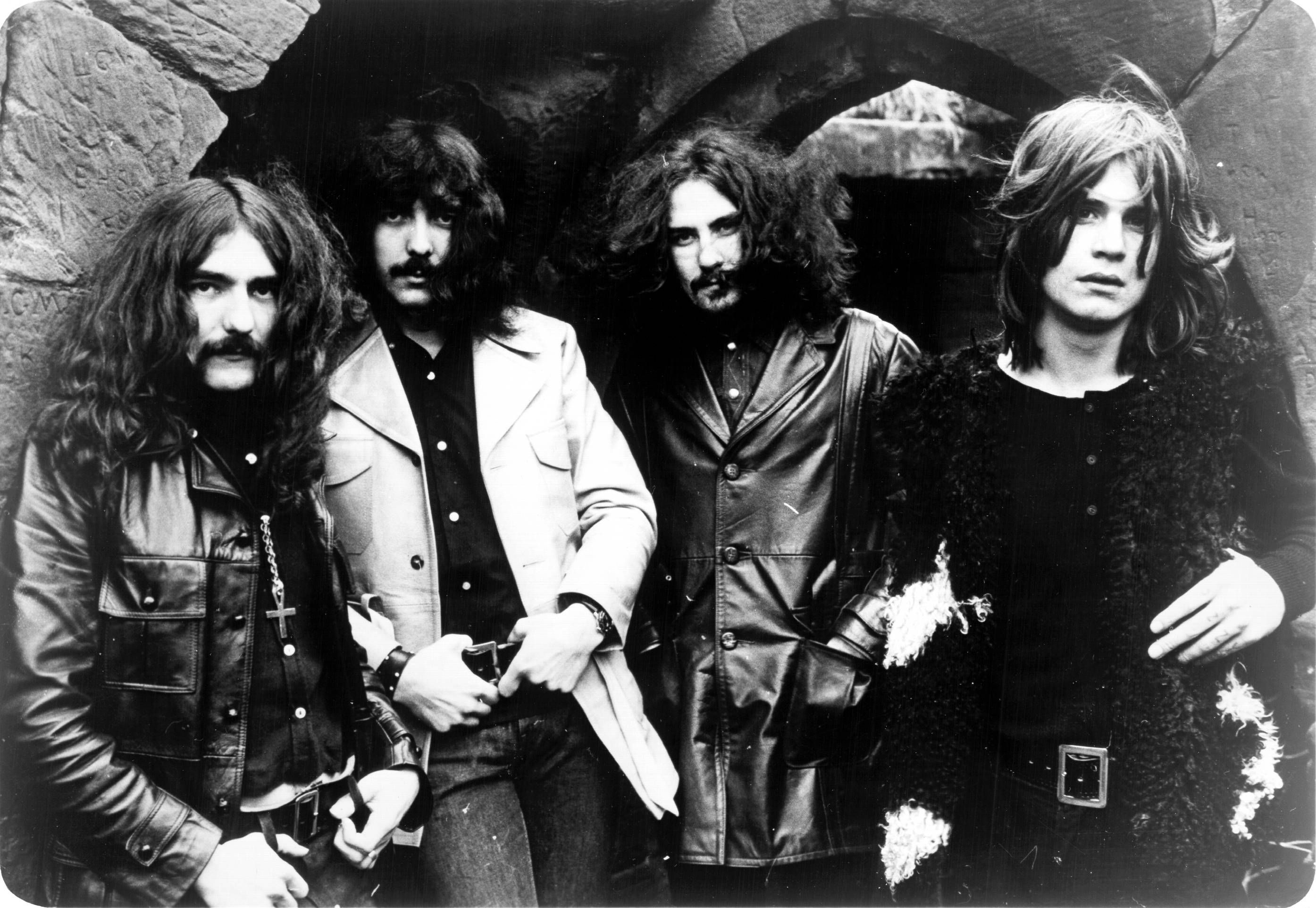This fourth post is on legal words from French that entered English after the Norman Conquest. The Anglo-Norman legal system forms the primary basis for the vocabulary of our modern legal system.
A defendant is summoned to court, from the Old French cort, from the Latin word for yard. If it's a civil affair, one might hope that all people "present at court" (the original meaning of courtier) will be courteous, which originally meant "having manners fit for a royal court."
A complaint is filed by the plaintiff, from the Old French word plaintive — a "lamentation" — which is itself derived from a Latin word, planctus, meaning "beating of the breast."
During the course of a trial, both sides usually introduce evidence, from Old French meaning "obvious to the eye or mind." It's a word composed of the French prefix e ("out" as in evict) and videre "to see." Evidence is laid out for everyone to see.
Perhaps the defendant is in fact a felon, from the Old French word felon, which meant "wicked" or "a wicked person."
During a court hearing and in other legal matters, attorneys advocate and provide advocacy, words that came into Middle English from Old French, from a verb that meant "to call to one's aid." The voc root is also part of words like vocabulary, vocalize, vocation, vociferous, voice, vouch, voucher, vowel, equivocate, evocatory, provoke, and revoke.
A verdict could be made by a group of peers, a jury, from the Old French juree, an oath or inquiry. Or perhaps, the judge will enter a judgment in the final stages of the judicial process and justice will have been served. These are words that came into English through French, and all revolve around the Latin root jus — "law" and also "right." It's also the root for judicious and judiciary.











.jpg)









